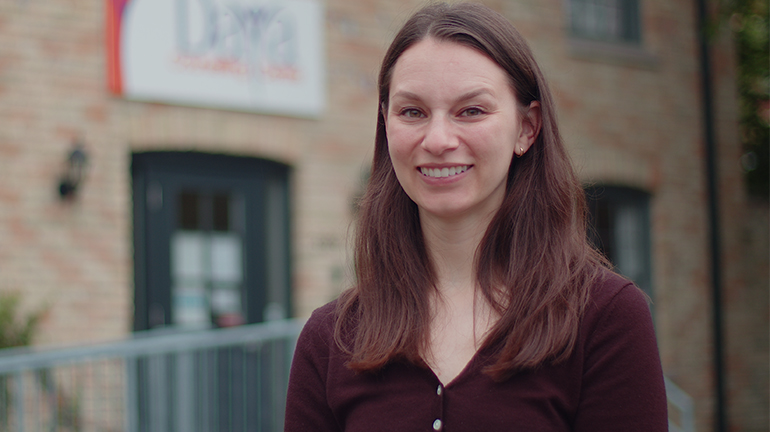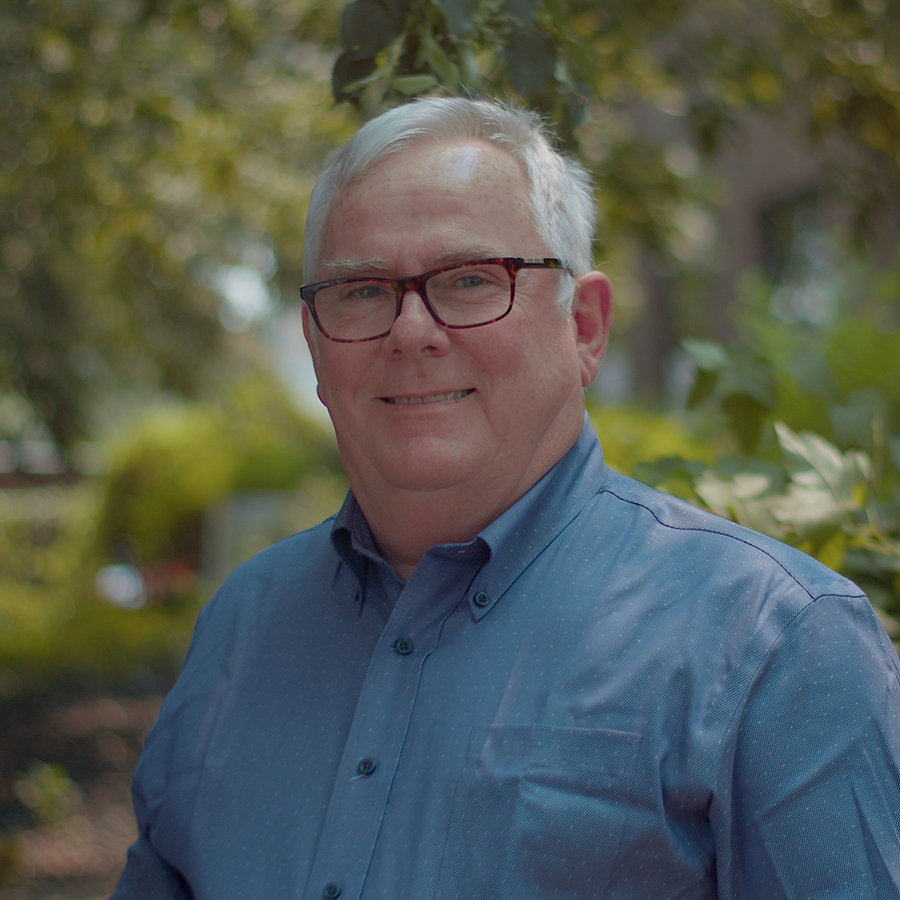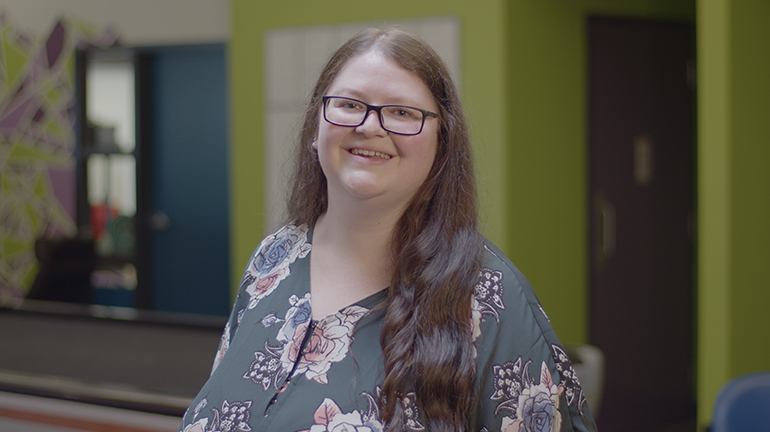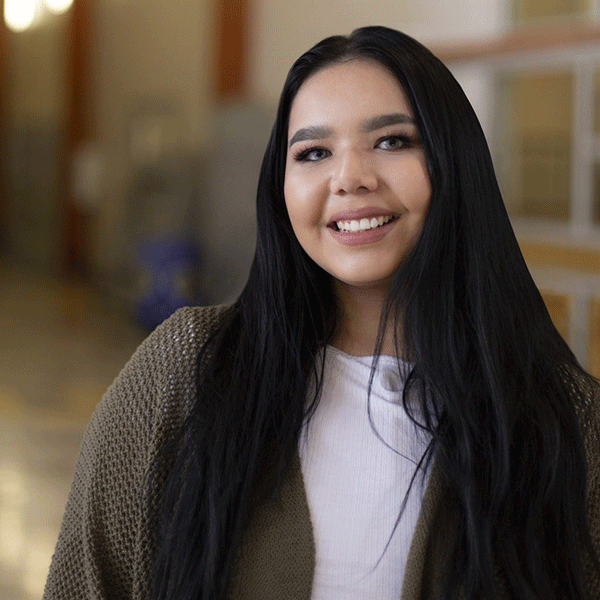
“I know my investment will be used wisely. They are trustworthy. They will use the funds to help people who need it most. They give a voice to those who are being left behind. They are giving kids like I once was a fair shot at a good life.”
I grew up in poverty, but I don’t think I knew what that meant back then. I just knew things were the way that they were, and we made that work.
I would run outside when the lights went out. Sometimes the street was dark, and sometimes it was just our house. When our fridge broke, we ate out of the cooler for a while.
We made it work.
When I was 12, my parents separated. I began to bounce back and forth between my mom and dad’s a lot.
After dad’s new partner moved in, things deteriorated. She was dealing with her own challenges. I’ve been hit with dinner plates and beer steins. I’ve been used as an ashtray to butt out cigarettes.
Or she would act like I didn’t exist. Sometimes for months. Then I would come home to find my clothes in bags on the porch and I’d be back on my way to my mom’s. Things were better there, but mom struggled with the bills, so I’d be back at dad’s after not too long.
Those were tough times, but I had to be strong for my mom.
When I got to high school I signed up for football and every other sport I could. The longer I stayed out, the less I’d be at home.
I hung out at a neighbourhood resource centre. I used the spot as a safe space. The cafeteria was good for doing homework.
The problem with poverty is that it branches into other things. Like struggles with mental wellness. And trust issues. I still wake up in the night from nightmares. I’ll carry that forever.
Fast forward 30 years. I have a wonderful family. A wife and children. I’m involved in my community because I believe it’s important.
I’ve donated to United Way a long time. I’ve climbed the StairClimb. I’ve gone to Harvest Lunch (everyone loves a sandwich!). Last year, my employer sponsored me to work full-time at United Way for the duration of their Campaign. It was an eye-opening experience to see first-hand the work that United Way does to reduce and end poverty for real people right here in our community.
At United Way I worked alongside people like Nancy Needham. Nancy is the Executive Director at South London Neighbourhood Resource Centre, a United Way funded agency like the spot I found refuge at when I was young. Nancy shared with me that resource centers are a haven for young people and families.
People in need of food and other basics show up looking for help, and that’s when the magic begins. Once urgent needs are met, staff are quick to identify other barriers. Are the children getting the resources they need to succeed at school? Is language a barrier to government services?
And perhaps most importantly, a resource centre provides a sense of community and inclusion.
At United Way I learned that by working together, our community can include everyone. Hope is on our horizon, things are looking better for a lot of people out there, but many continue to struggle.
United Way sees this need. So, they have focused funding on programs that reduce or alleviate the impact of poverty in people’s lives. They understand that providing neighbourhood-based support is critical in ensuring people have timely access to not only what they need to get by in tough times, but also to help people, kids and families thrive and succeed. This is why I give to United Way. I know my investment will be used wisely. They are trustworthy. They will use the funds to help people who need it most. They give a voice to those who are being left behind. They are giving kids like I once was a fair shot at a good life.
SHOW YOUR LOCAL LOVE.

“Neighbourhood Resource Centres give a voice to youth and families in our community. It’s a place for people to come together. Some are looking for urgent needs to be met, while others are looking for companionship and opportunity. Young people want to be a part of something and make a difference. With United Way’s help, we keep our doors open to serve the community at its point of need.”
Nancy Needham
Executive Director South London Neighbourhood Resource Centre















